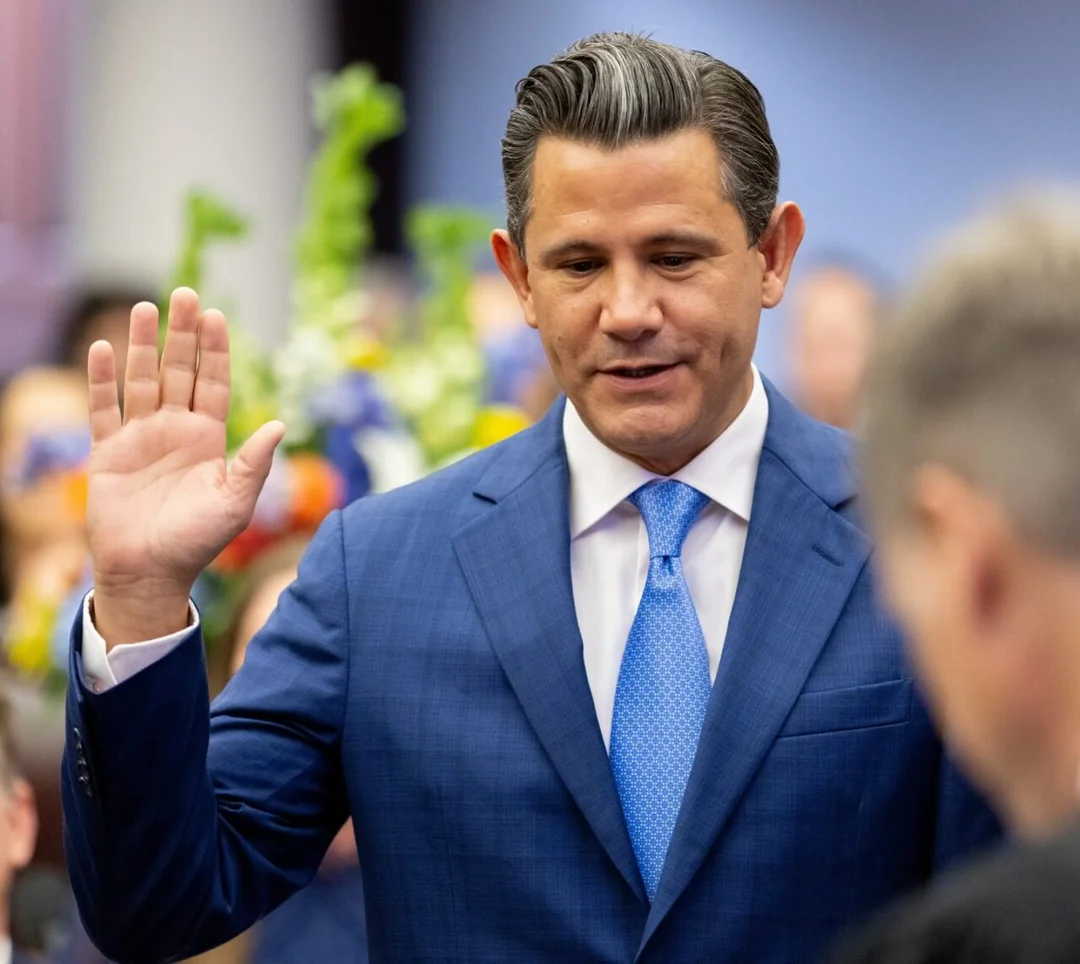
Is Florida’s Democratic Party on Its Last Legs? A Shocking Political Shake-Up Unfolds
In a dramatic turn of events that has sent ripples through Florida's political landscape, state Senator Jason Pizzo has announced his departure from the Democratic Party, declaring it "dead" in the Sunshine State. This bold move, made amid growing tensions and party infighting, raises urgent questions about the future of Democrats in a state increasingly dominated by Republicans. As Florida once swung between parties, this defection highlights the challenges facing progressive politics and could reshape the 2026 gubernatorial race.
Pizzo, a centrist Democrat representing parts of Broward and Miami-Dade counties, stunned colleagues by resigning as Senate Democratic Leader and switching to no party affiliation (NPA). During a fiery speech on the Senate floor, he criticized modern partisanship, comparing it to "the fall of Rome" and accusing party loyalty of stifling practical leadership. "The Democratic Party in Florida is dead," Pizzo declared, emphasizing that his election victories were driven by independent voters, not party backing. He vowed to continue advocating for Floridians without partisan constraints, stating, "Stripping myself of a title and party designation allows me to run free and clear, clean and transparent."

This isn't an isolated incident; Pizzo joins a trend of Democratic lawmakers abandoning the party. Earlier this year, state Representatives Hillary Cassel and Susan Valdés switched to the Republican Party, reflecting Florida's shifting voter dynamics where Republicans now outnumber Democrats by 1.2 million. Pizzo's decision stems from frustrations over internal conflicts, including accusations of racism during debates on issues like immigration and local government audits. In one heated exchange, he defiantly told critics, "If anybody's feelings are hurt and think I'm a racist for my position—suck it." While some Democrats, like Senator Rosalind Osgood, defended him against unfair attacks, party leaders were less forgiving. Florida Democratic Party Chair Nikki Fried labeled Pizzo "one of the most ineffective and unpopular Democratic leaders in recent memory," calling his exit a boon for party unity.
The fallout reveals deeper divisions. Analysts suggest Pizzo's move could position him as a viable independent candidate for governor in 2026, appealing to moderates disillusioned with both parties. His background as a former prosecutor and self-funded wealth—estimated at $59 million—makes him a formidable figure, potentially drawing votes from disaffected Republicans and Democrats alike. However, critics warn that an NPA run might split the vote, inadvertently boosting Republican chances in a state where no Democrat holds statewide office. As former Rep. David Jolly announced his own Democratic gubernatorial bid the same day, the contrast underscores the party's struggles to coalesce around a clear strategy against figures like Gov. Ron DeSantis.
This defection not only exposes the Democratic Party's internal fractures but also signals a broader realignment in Florida politics. With Republicans tightening their grip, Democrats face an uphill battle to "resuscitate" their influence. Some legislators, like Sen. Lori Berman, who was quickly elected as the new Democratic leader, express optimism about refocusing efforts. Yet, as Pizzo's exit amplifies calls for pragmatic leadership, it prompts a critical question: Can Florida's Democrats adapt, or is this the beginning of a prolonged decline?
In summary, Jason Pizzo's high-profile departure serves as a wake-up call for the Democratic Party, highlighting the need for unity and innovation in a polarized era. What does this mean for Florida's political future? Will independents rise as a new force, or can Democrats stage a comeback? We invite readers to share their thoughts in the comments below—do you see this as a setback or an opportunity? Join the conversation and help shape the narrative.